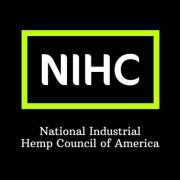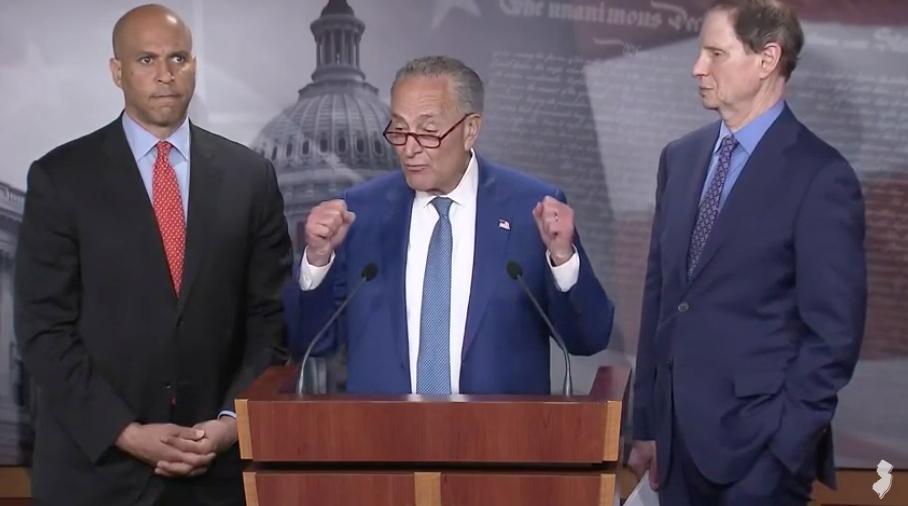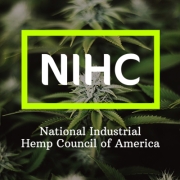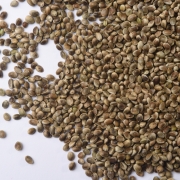 At the invitation of USDA Secretary Vilsack (right), NIHC joined a stakeholder call on Monday to discuss issues of interest to U.S. Agriculture Trade. The call included an update from the Secretary on his recent meetings at the G-20 Agriculture Ministers’ meeting in Italy last month and the Biden Administration’s goals for trade with China. The Secretary also previewed some of his goals are for the upcoming COP-26 meetings in November.
At the invitation of USDA Secretary Vilsack (right), NIHC joined a stakeholder call on Monday to discuss issues of interest to U.S. Agriculture Trade. The call included an update from the Secretary on his recent meetings at the G-20 Agriculture Ministers’ meeting in Italy last month and the Biden Administration’s goals for trade with China. The Secretary also previewed some of his goals are for the upcoming COP-26 meetings in November.
As a government cooperator through USDA’s Market Access Program (MAP), it’s important for the NIHC to be on these calls and hear updates directly from the Secretary as we begin to promote American hemp in the global marketplace. NIHC is following up with USDA to get answers to some of the most important questions facing the hemp industry on regulatory oversight and standardization as hemp emerges as an American agricultural commodity.
Currently, 25 percent of the world’s hemp cultivation occurs in Europe with the French leading with 40% of that cultivation, followed by the Netherlands, Lithuania, and Romania. In total, 20 different countries are cultivating hemp on the European continent. As popular as cannabinol (CBD) is, hemp is mainly being cultivated by the Europeans for industrial applications including paper, pulp, and bio composites for auto manufacturing. Hemp shivs also have long-established commercial uses in Europe for animal bedding and the manufacturing of construction materials – mainly insulation.
A change in public opinion throughout Europe has led to a widespread acceptance of appropriate regulatory guidelines for cannabidiol in Europe. It’s now widely accepted that the hemp processing sector will undergo significant expansion and ownership consolidation, but the latter may still be several years off. If true, that means a significant expansion in the industrial uses of hemp in the European market can be met with U.S. grown hemp and U.S. led companies.
But without regulatory certainty coming from Washington, U.S. farmers could be at a competitive disadvantage when it comes to competing on the world stage if Europe finds other sources for raw material to meet its growing demand for hemp and hemp-derived products. That is why NIHC is continuously advocating on behalf of the entire hemp industry.
Please Join Us!
We welcome you to join us at the next NIHC Trade and Marketing Committee Meeting on Wednesday, October 13th at 1:00 pm EST, especially if you have an interest in the development of domestic and international trade in the hemp industry. Click here to add this committee meeting to your calendar.
The committee is also looking forward to meeting in person at the NIHC Hemp Business Summit in November. Click here to register and see a list of speakers at what promises to be one of the most informative events in the hemp industry this year.
If you would like to receive updates and invites from NIHC on trade and marketing, please email Grace Johnson, NIHC Director of Government and Industry Affairs, at gjohnson@hempindustrial.com. For questions on trade development, please contact Kevin Latner at klatner@hempindustrial.com.





 NIHC continues our work to serve as a credible resource to government officials in developing sound, common-sense regulations of America’s hemp economy. As part of those efforts, we have continued to engage the U.S. Senate Committee on Agriculture on a range of issues that have the potential to be included in 2023 farm bill development and negotiations anticipated to begin as early as this fall.
NIHC continues our work to serve as a credible resource to government officials in developing sound, common-sense regulations of America’s hemp economy. As part of those efforts, we have continued to engage the U.S. Senate Committee on Agriculture on a range of issues that have the potential to be included in 2023 farm bill development and negotiations anticipated to begin as early as this fall.


 On August 23, NIHC Staff, along with Government Affairs Committee
On August 23, NIHC Staff, along with Government Affairs Committee
















